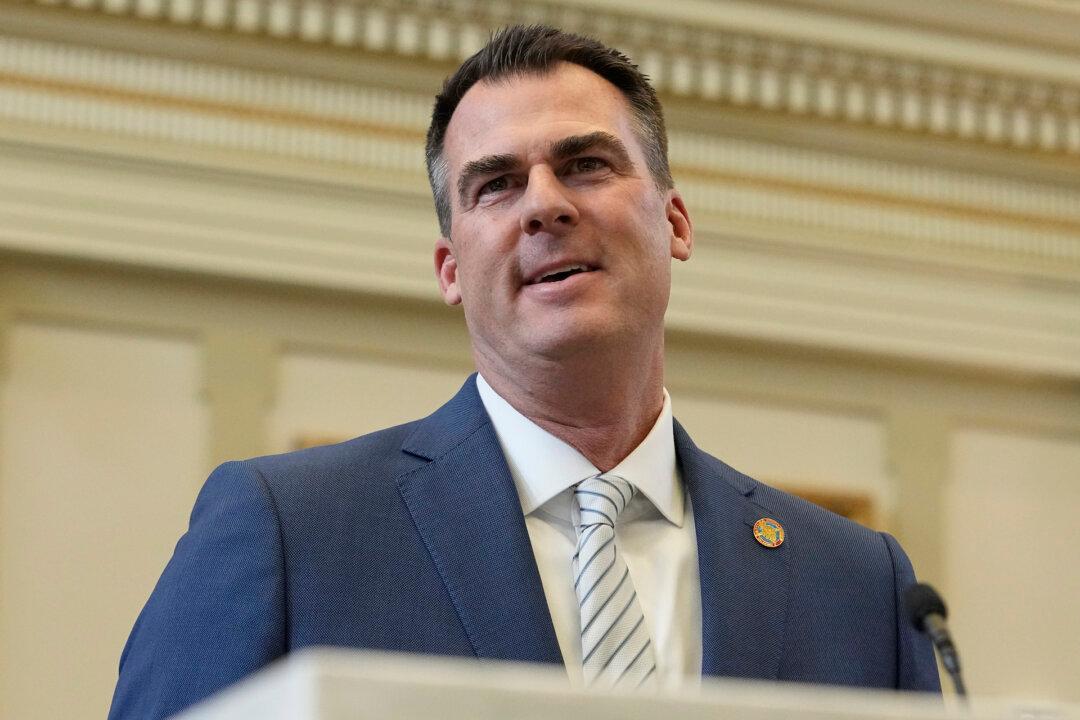Oklahoma’s Republican governor applauded the state’s charter school board for clearing the way for the nation’s first religious charter school.
“I applaud the Oklahoma Statewide Virtual Charter School Board’s courage to approve the authorization for St. Isadore of Seville Catholic Virtual School,” Gov. Kevin Stitt said in a statement following the board’s vote. “This is a win for religious liberty and education freedom in our great state, and I am encouraged by these efforts to give parents more options when it comes to their child’s education.





